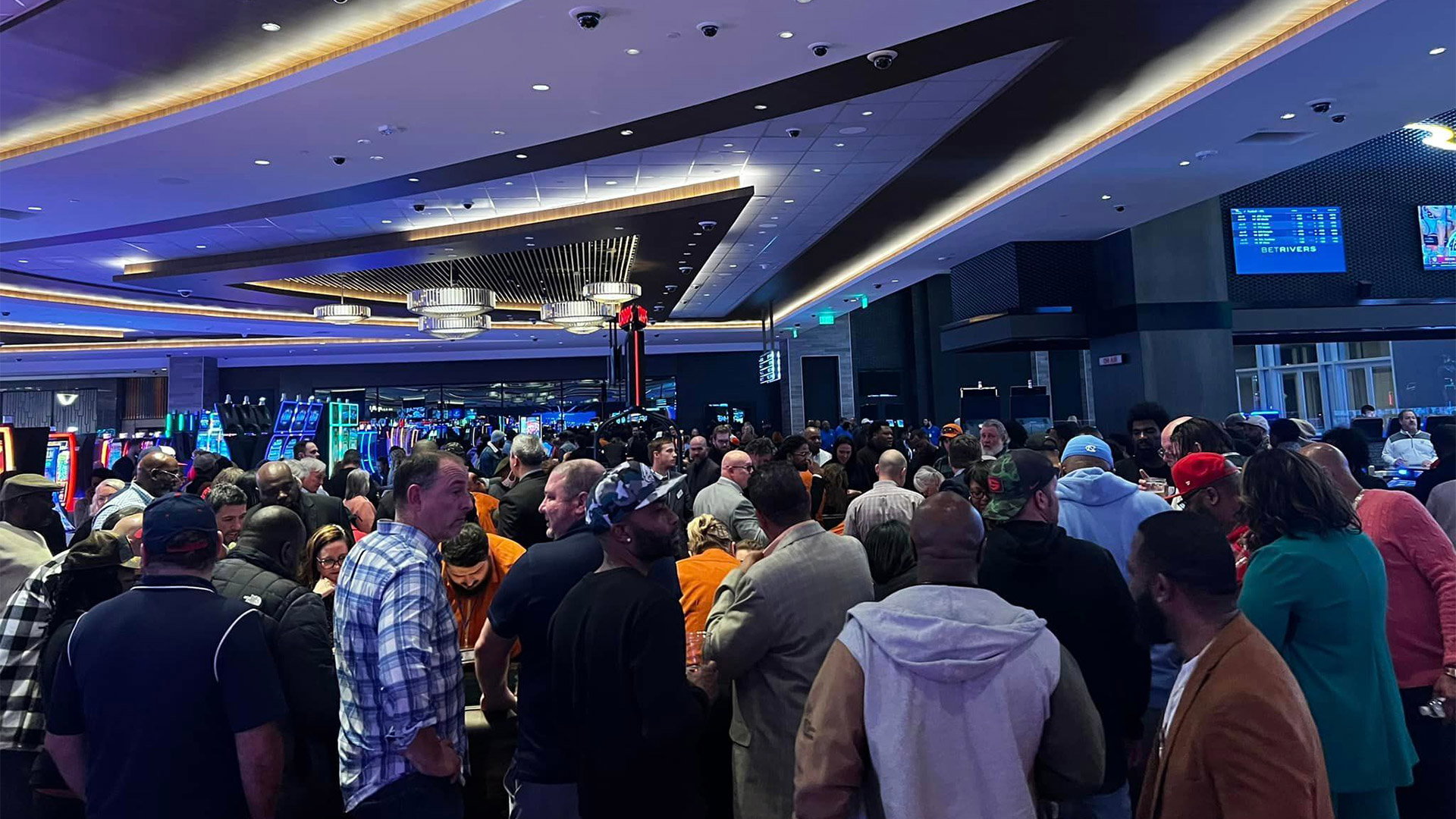
Casino experiences have long captured the imagination of individuals around the world, becoming an essential part of both leisure and culture. From the sparkling lights of Nevada to the captivating experience of internet gambling, these activities evoke thrill, danger, and sometimes even a sense of remembrance. They are beyond just entertainments; they have woven themselves into the texture of human experience, influencing everything from cinema and melodies to fashion and literature.
The appeal of casino games surpasses the gambling aspect, tapping into broader themes of fortune, risk, and social interaction. As players assemble around a poker table or rotate the wheel of fortune, they engage in an timeless ritual that connects with our communal desire for adventure and unpredictability. This obsession has led to the growth of numerous references in movies, tracks, and gaming, showcasing how strongly entrenched these pastimes are in mainstream culture. Whether it is the pressure of a classic robbery film or the lively nightlife portrayed in recordings, casino games have created a substantial niche that reflects our relationship with risk.
Historical Importance of Gambling Games
Gambling activities have played a pivotal role in social contexts throughout the ages. Originating from old societies, games of chance were often linked to ceremonies or events. For example, early iterations of these activities can be linked back to historic China and the Roman Empire, where die games and wagering on outcomes were popular pastimes. These activities not only served as entertainment but also as methods of social interaction, facilitating relationships among individuals within communities.
As cultures evolved, so did the complexity and structure of gambling games. The establishment of official casinos in the 17th century, particularly in Italy, marked a notable shift in how games were perceived and organized. With designated spaces for gambling, the casino became a community center where patrons from different backgrounds gathered. This change contributed to the validation of gambling, transforming it from a mere pastime into an organized industry that influenced the economy and regulations.
The impact of gambling activities on popular culture cannot be understated. As they were brought into the limelight in books and film, games such as Texas Hold’em and blackjack became symbols of risk, luck, and strategy. Iconic characters and narratives have emerged around these games, reflecting societal views towards fortune, wealth, and immorality. This fascination with gambling activities has permeated various forms of media, solidifying their status in the collective consciousness and linking them to broader cultural narratives throughout the ages. F88BET
Depiction of Gambling Games in Entertainment
Gambling games have long been a popular subject in different types of entertainment, reflecting both the thrill and complexities of the world of gambling. Movies such as Ocean’s 11 and Casino Royale portray characters who navigate dangerous scenarios, showcasing not only the allure of the casino atmosphere but also the methods and judgments that come with playing popular games like poker and 21. These films often dramatize the thrill of winning and the potential repercussions of losing, encapsulating the dangers involved in gambling.
TV programs have also explored the realm of casino games, often integrating them into the plot as a setting for character arcs and drama. Series like Las Vegas depict the experiences of casino workers and patrons, highlighting the dynamic, often tumultuous energy of the gaming floor. Docuseries featuring intense gambling competitions further emphasize the attraction of gambling activities, drawing viewers into the tension and tactics involved in each game. Through these portrayals, media not only engages but also sparks conversations about fortune, expertise, and the nature of chance.
Digital games have increasingly included gambling activities into their development, allowing players to recreate the experience of gambling without financial exposure. Games within the realm of online gaming often include virtual slots, poker, and other casino favorites, creating an engaging environment that mirrors traditional gambling. These virtual portrayals make casino games accessible to a broad demographic, appealing to both risk-takers and those who enjoy the rush of simulation. As a outcome, the portrayal of casino games in media continues to shape cultural attitudes and cultural significance, highlighting their place in society and culture.
Effect of Casino Games on Communities
Casino games have a meaningful impact on society, influencing multiple aspects of culture and social behavior. They often serve as a venue for social interaction, where people come together to enjoy a shared activity. Casino trips with friends or visits to casinos become group events that build connections and create memories. This collective aspect enhances the fun value of casino games, making them a favored choice for celebrations and leisure activities.
Moreover, gambling activities have been depicted in numerous movies, television shows, and literature, influencing perceptions and attitudes towards gambling and betting. Icons like James Bond competing in baccarat or the high-stakes poker scenes in films have embedded these games in the shared imagination. This depiction often idealizes the culture associated with casino activities, attracting new players and impacting trends in both fashion and behavior. These portrayals can spark curiosity and lead to a deeper investigation of the intricacies of gambling.
However, there are also adverse implications linked to the popularity of casino games. The allure of quick monetary gain can lead to problem gambling and financial troubles for some individuals. Society must grapple with these issues, advocating for responsible gaming and awareness of the dangers involved. Nạp tiền F8BET Finding a balance between the fun aspect of casino games with the potential for harm is vital to ensure that they remain a positive aspect of our societal fabric.
